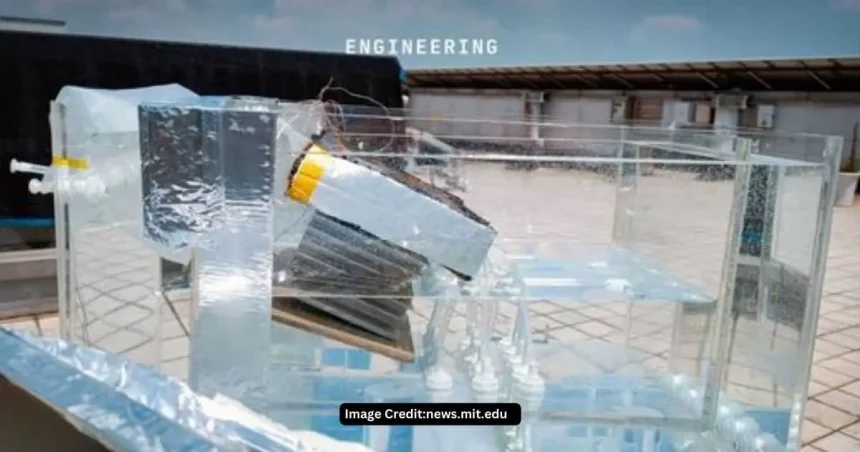Freshwater scarcity is a critical global issue impacting millions of people worldwide, driven by factors such as population growth, industrialization, and climate change. The demand for freshwater is steadily increasing, while the supply remains limited, leading to challenges in accessing clean drinking water.
Desalination technology offers a promising solution to this dilemma by converting abundant seawater into drinkable freshwater. While traditional desalination methods exist, they often come with drawbacks such as high energy consumption and environmental impact. However, continuous innovation by researchers and engineers is improving desalination processes to be more efficient, sustainable, and accessible.
In a groundbreaking collaboration between MIT engineers and Chinese researchers, a revolutionary solar-powered desalination system has been developed. This system represents a significant advancement in desalination technology, providing a sustainable and cost-effective approach to producing freshwater from seawater.
By harnessing the power of the sun, this innovative system converts seawater into drinking water through a series of stages involving evaporation and condensation. Inspired by the natural processes of the ocean, the system prevents salt buildup and ensures continuous water circulation, resulting in clean, drinkable freshwater without the need for external power sources.
The solar-powered desalination system offers advantages such as superior water-production and salt-rejection rates, making it highly efficient in addressing water scarcity in coastal areas. Additionally, its potential cost-effectiveness compared to traditional methods makes it a viable solution for off-grid communities lacking access to clean drinking water.
With practical applications ranging from supplying drinking water to off-grid coastal communities to scalability for small families or larger populations, this innovative system has the potential to significantly impact societal well-being by providing affordable and sustainable access to clean drinking water. The future of water security looks brighter thanks to advancements in desalination technology and the relentless efforts of researchers and engineers.






